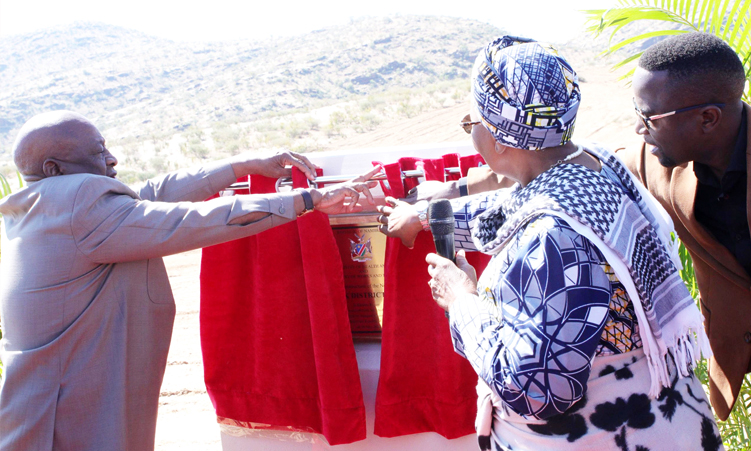On 31 May, Zimbabwean president Emmerson Mnangagwa proclaimed that the country’s 2023 harmonised general elections will take place on 23 August.
The election announcement followed concerted pressure from the opposition and pressure groups.
At the same time, Zanu-PF members of parliament deployed their majority to pass a sweeping and authoritarian law – the criminal law code amendment bill, more commonly known as the ‘patriotic bill’.
The bill introduces sweeping measures which militate against the very essence of democracy and a democratic society.
It contains a new addition which provides that “any citizen or permanent resident of Zimbabwe who, within or outside Zimbabwe, intentionally partakes in any meeting, whose objector one of whose objects the accused knows, or has reasonable grounds for believing involves the consideration of or the planning for the implementation or enlargement of sanctions a trade boycott against Zimbabwe (whether those sanctions or that boycott is untargeted or targets any individual or official, or class of individuals or officials), but whose effects indiscriminately affect the people of Zimbabwe as a whole, or any substantial section thereof, shall be guilty of wilfully damaging the sovereignty and national interest of Zimbabwe…”
OPPRESSIVE
The bill makes it unlawful to communicate or attend meetings organised by “foreign agents” and to participate in any activity that “goes against Zimbabwe”. Put into context, it effectively makes it unlawful to criticise the Zimbabwean government.
This dangerous piece of legislation will inevitably be used as a tool of oppression against the opposition and any other critic of the Zimbabwean government, especially ahead of the crucial elections set for 23 August.
Every single individual who claims to be a proponent of democratic values should condemn and reject the ‘patriotic bill’ with the contempt it deserves, not only in southern Africa but throughout Africa and the international community.
It is the latest effort sanctioned by the Zanu-PF regime to turn Zimbabwe into a complete autocracy.
It is imperative to highlight that the change in leadership in Zanu-PF, which saw Emmerson Mnangagwa wrestle the instruments of power away from the late Robert Mugabe in 2017, has done nothing to rescue Zimbabwe from autocracy, or get it moving on an upward political and economic trajectory.
On the contrary, it is clear the Mnangagwa regime is similar in character to the former Mugabe administration.
Perhaps it is worse given the passing of oppressive legislative instruments such as the patriotic bill.
SADC, AU MUST TAKE A STAND
It is incumbent on bodies such as the Southern African Development Community (SADC) and the African Union (AU) to condemn this gross violation of democratic values in Zimbabwe.
The SADC Treaty, signed and adopted in Windhoek in 1992, is unequivocal on the obligations of member states, including as Zimbabwe, in upholding democratic values and human rights.
Article 4 of the treaty obliges members to uphold the principles of “human rights, democracy and the rule of law”.
Equally, Article 4 of the AU Charter on Democracy, Elections and Governance, to which Zimbabwe is party, requires members to promote “the principles of the rule of law and human rights”.
It is clear the ‘patriotic bill’ blatantly contravenes SADC and AU statutes.
SADC and the AU must therefore intervene and take a strong stand on Zimbabwe.
There must be zero tolerance for autocratic regimes in Africa. We stand with the people of Zimbabwe.
- Maximalliant T Katjimune is deputy chief whip of the PDM parliamentary caucus in the National Assembly and shadow minister for international relations and cooperation.
Stay informed with The Namibian – your source for credible journalism. Get in-depth reporting and opinions for
only N$85 a month. Invest in journalism, invest in democracy –
Subscribe Now!






